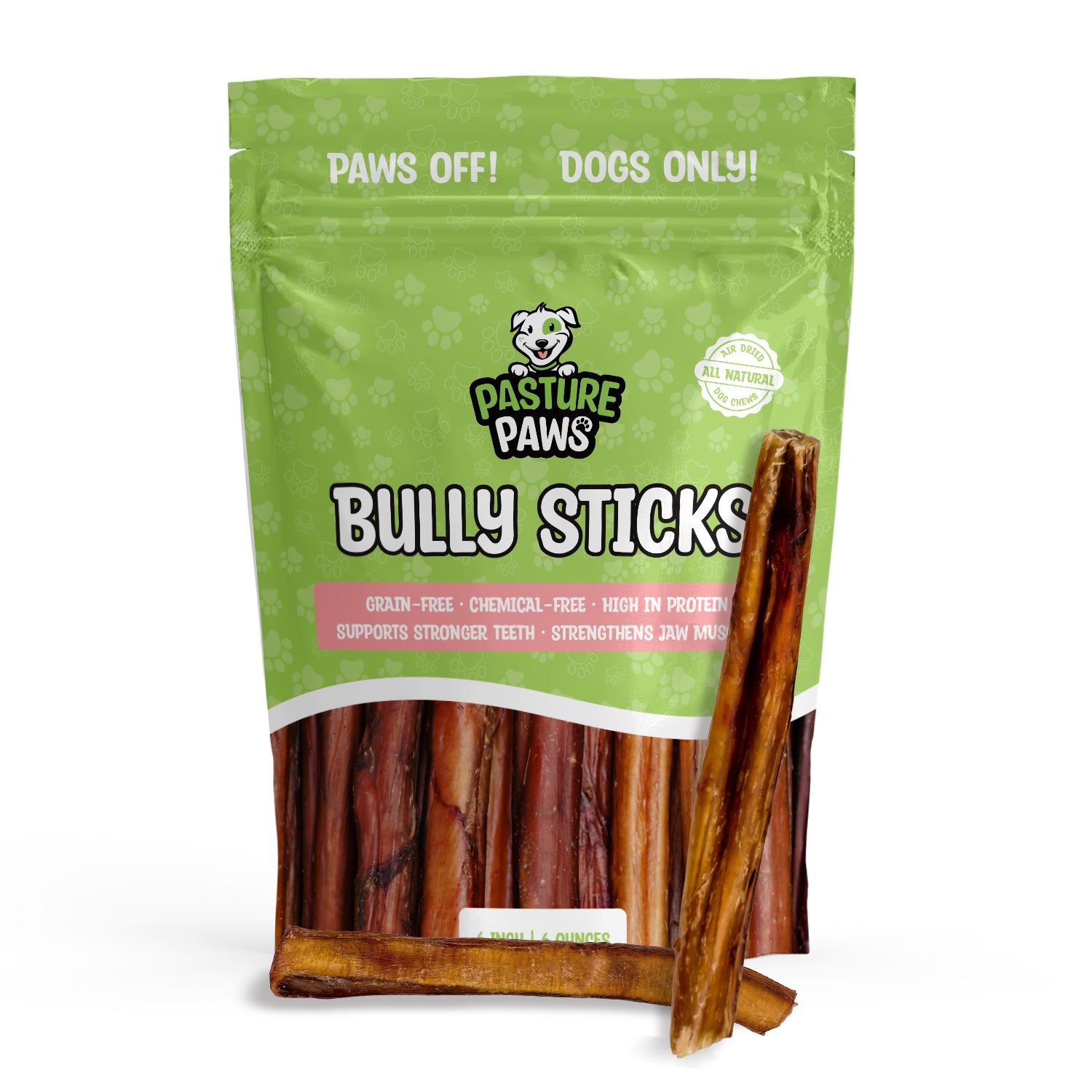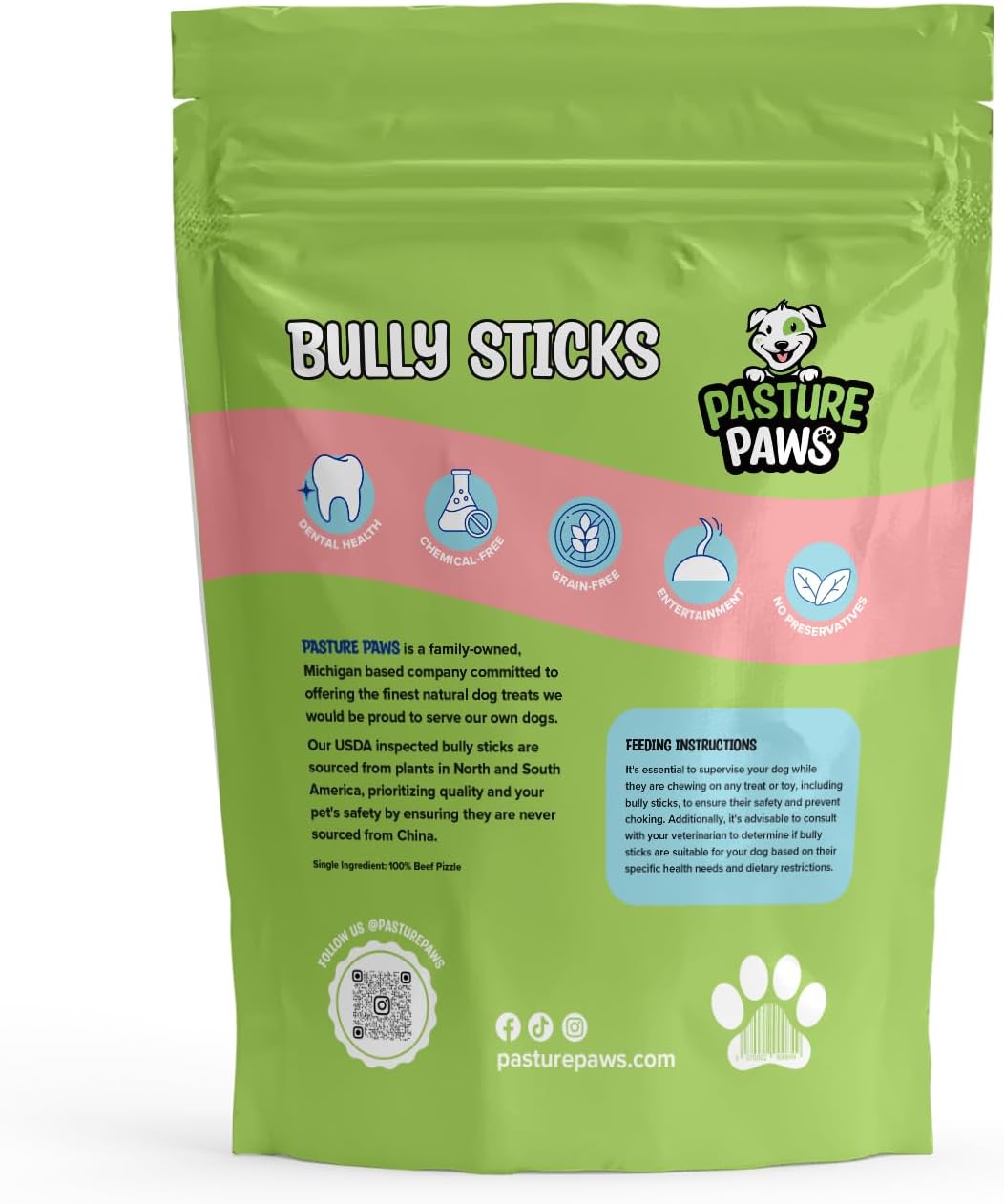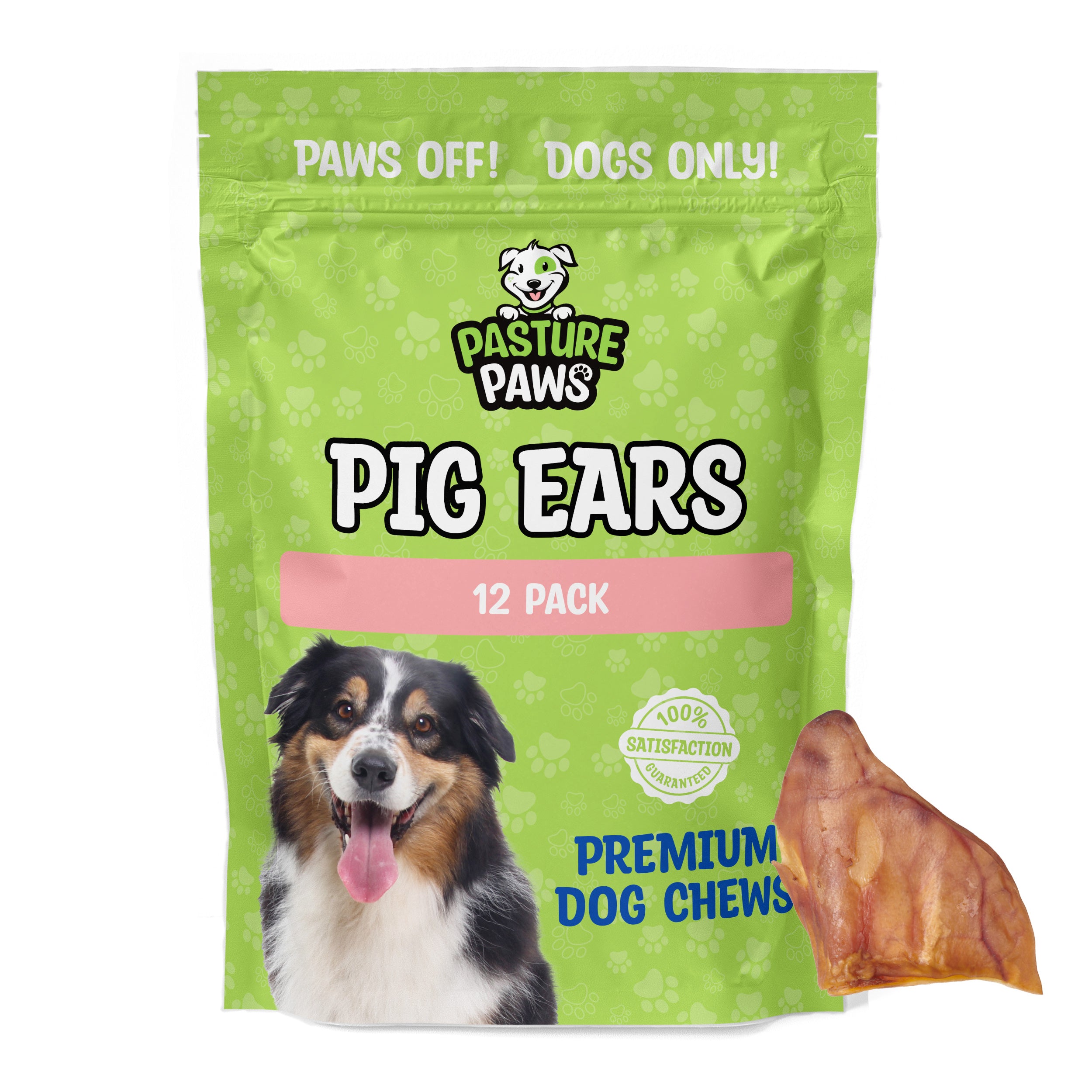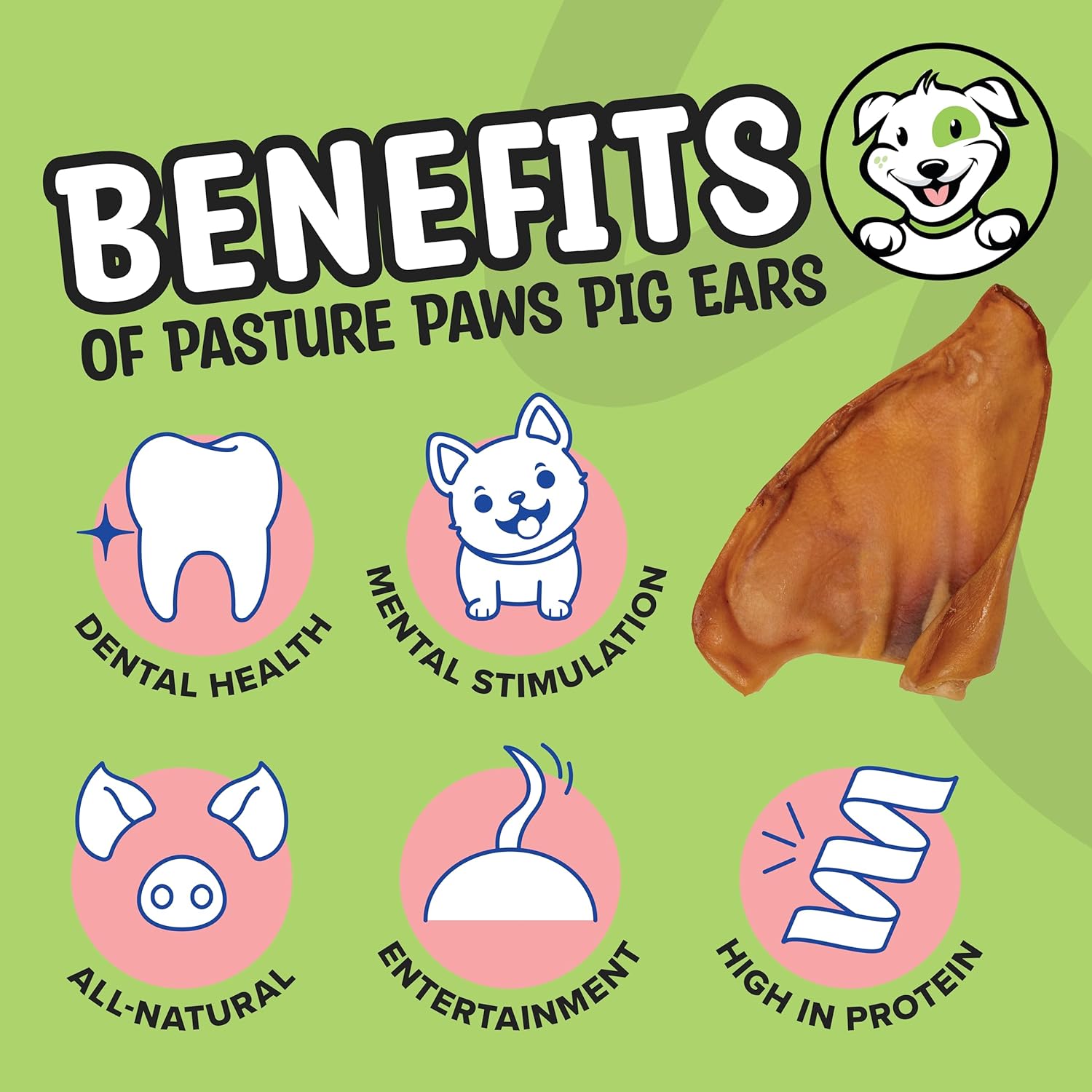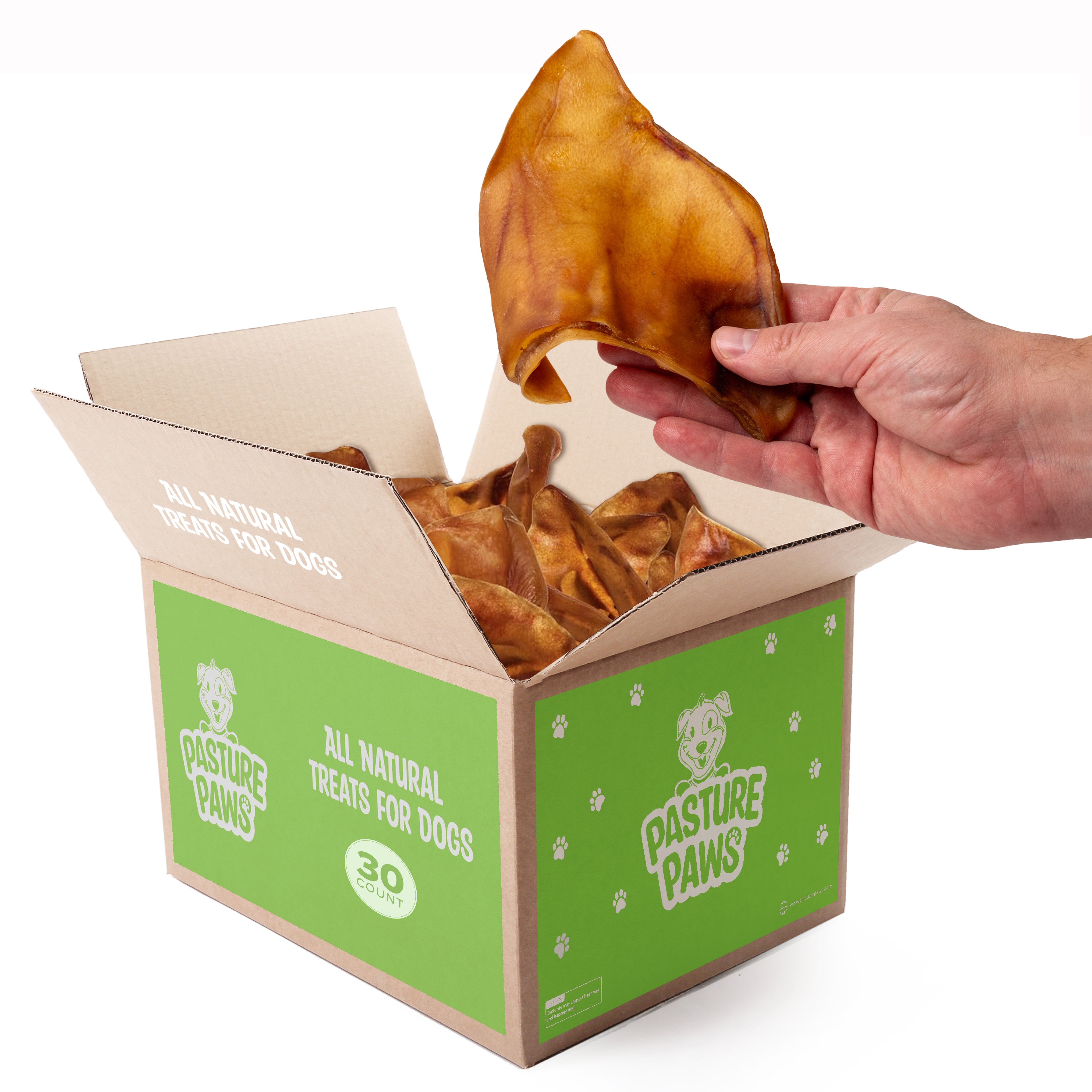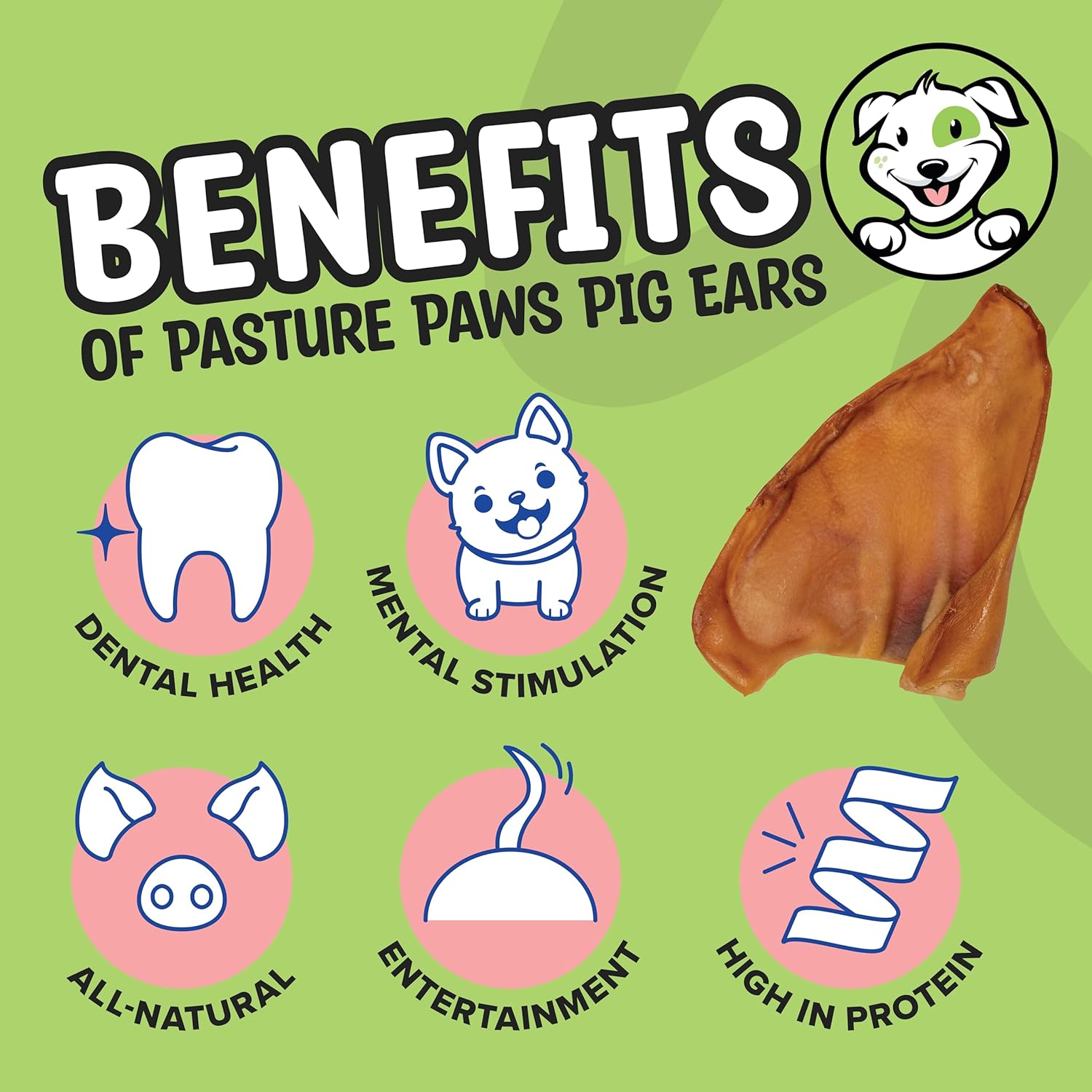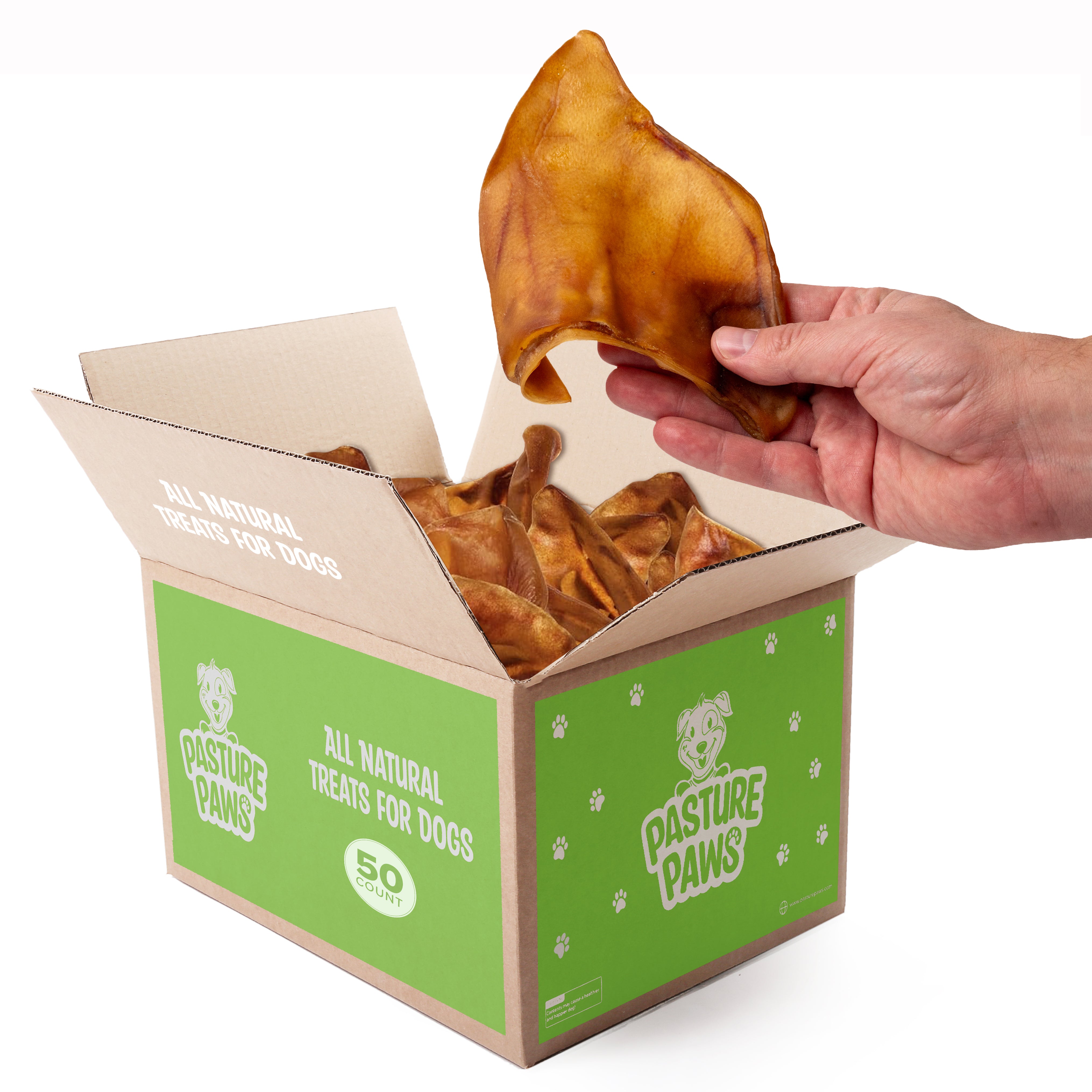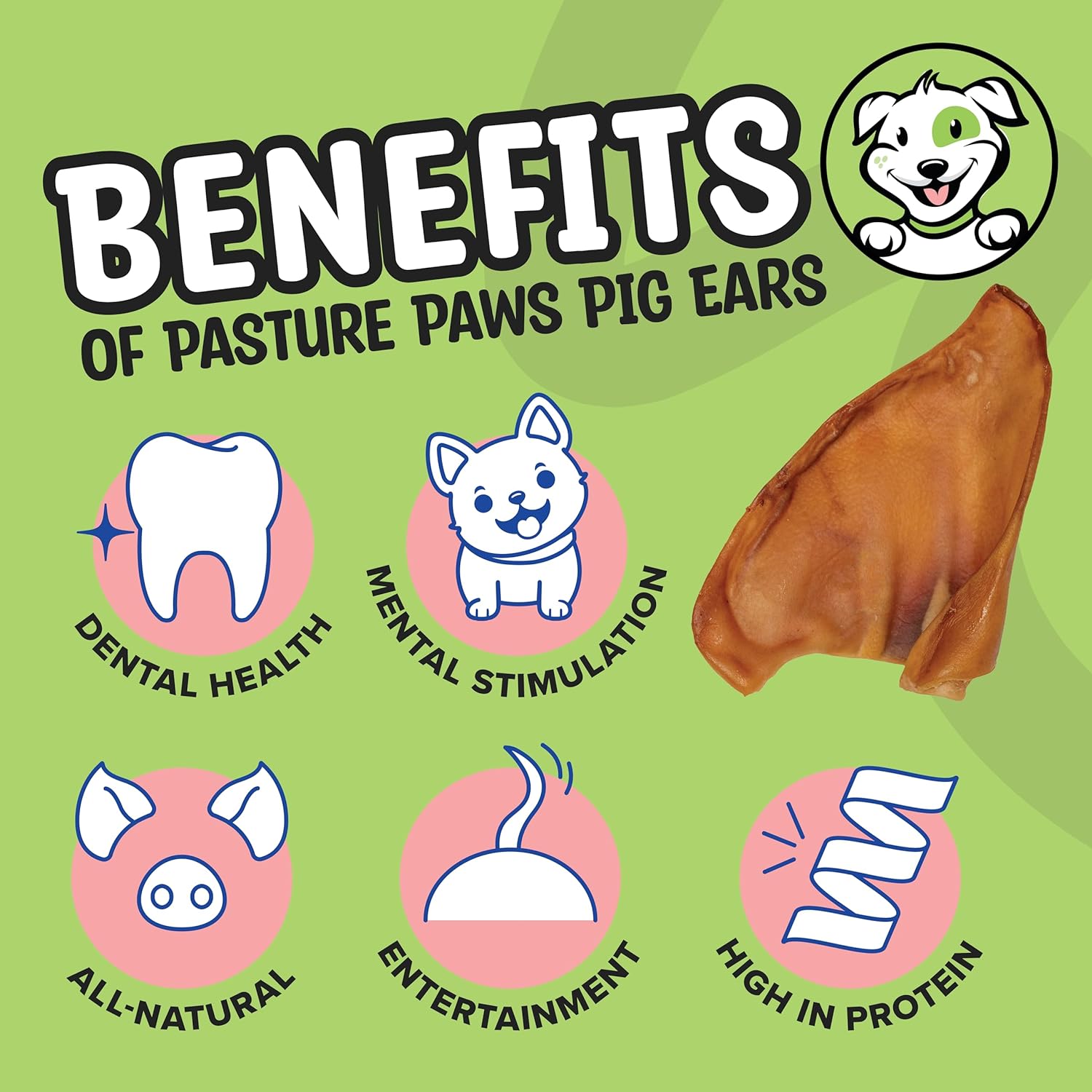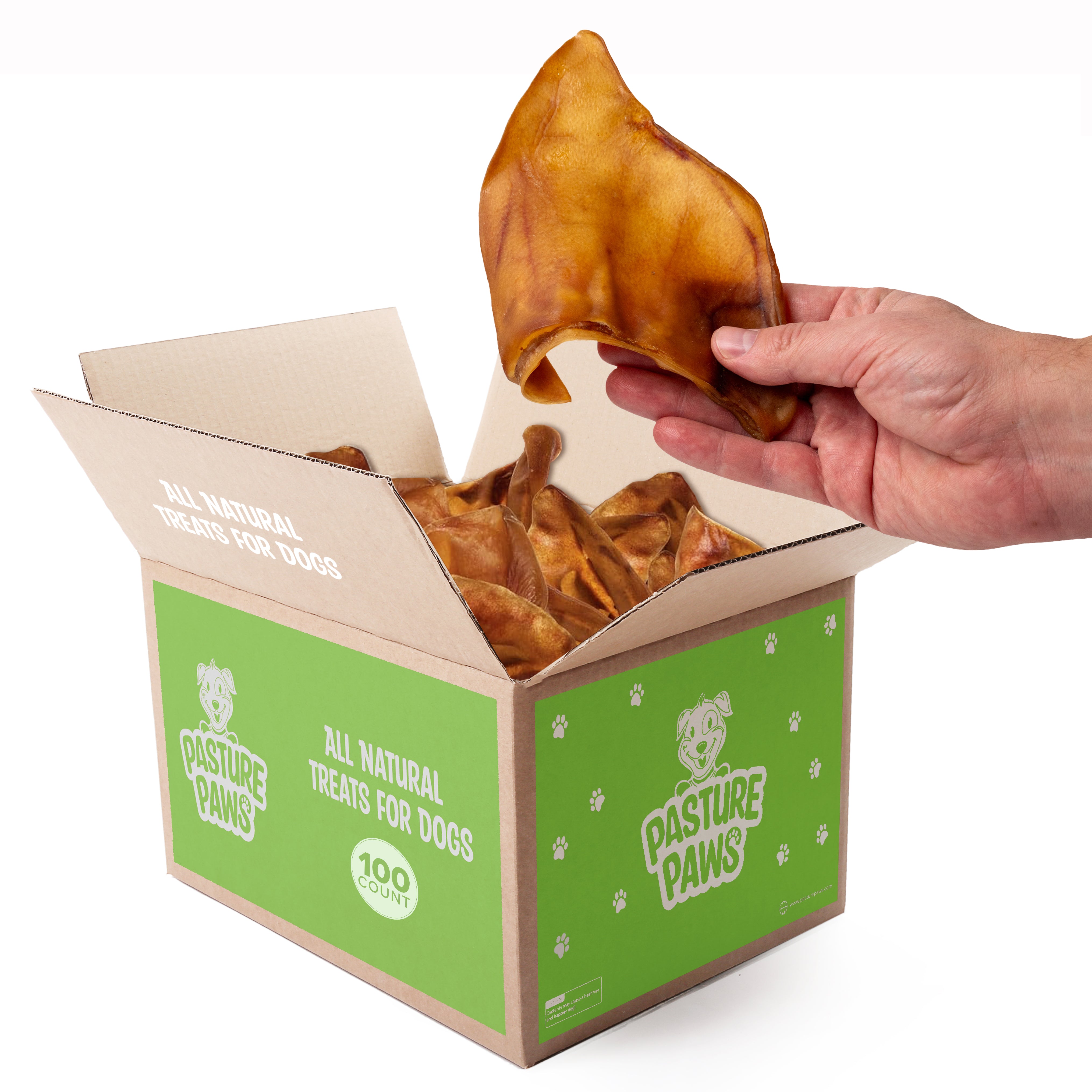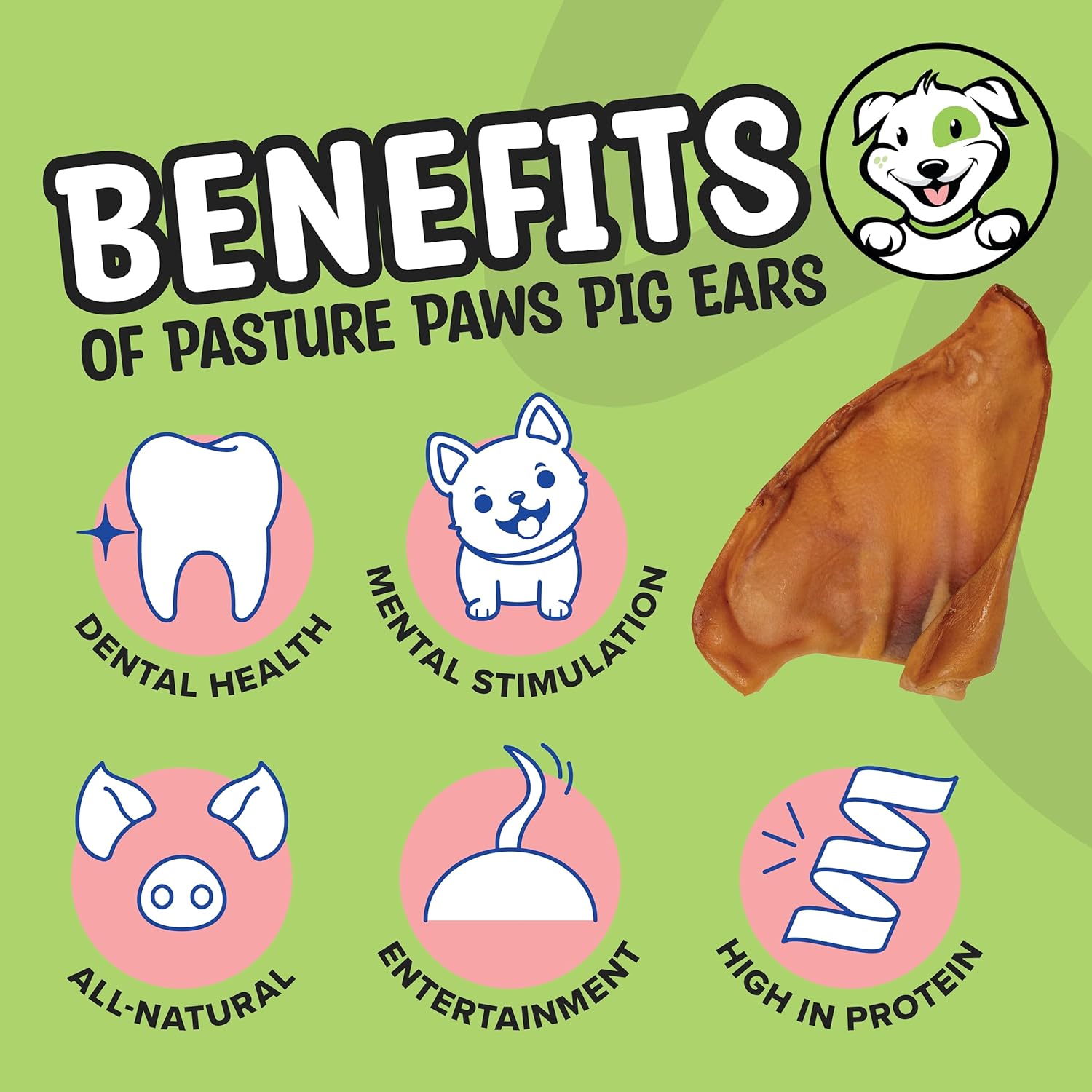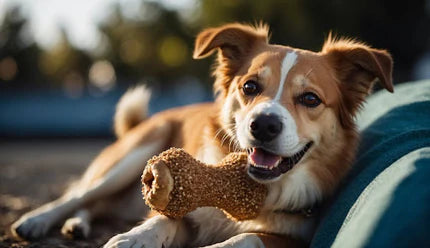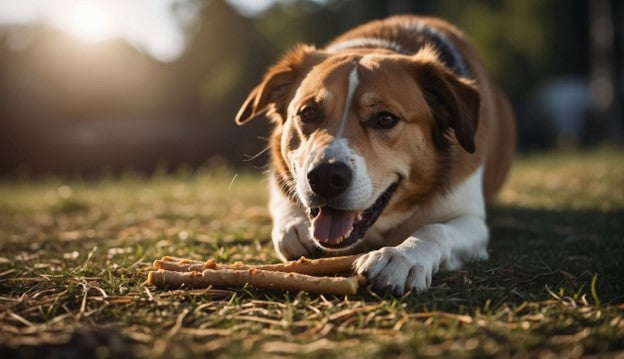Choosing the right bones for your dog is essential for their health and happiness. Not all bones are created equal, and some can even pose risks to your pet.
Good dog bones provide various health benefits, including dental health and mental stimulation, which are crucial for your dog's overall well-being.

Veterinarians often recommend raw, meaty bones as a safe option that can help clean your dog's teeth and support their dental health.
Chewing on appropriate bones can also keep your dog engaged and reduce anxiety. It's important to avoid cooked bones, as they can splinter and cause serious health issues.
As you explore the best options for your furry friend, consider not just the type of bone but also how it fits into their diet.
Selecting the right bones can enhance your dog's health and make treat time something they eagerly anticipate.
What Are the Best Bones for Dogs?

Choosing the right bones for your dog depends on various factors like size, age, and chewing style. It's essential to match these elements to ensure a safe and enjoyable experience.
By Size and Breed
Dog bones come in various sizes to suit different breeds.
Small breeds benefit from smaller bones, like the 2-3" Stuffed Shin Bones, which are easy to handle.
Larger dogs may need bigger bones, such as the 6" Natural Pork Femur, designed for strong jaws.
Choosing bones that are too small can lead to choking hazards. Always consider your dog’s breed and size when selecting bones to ensure they can safely chew and enjoy them.
By Age: Puppies Vs. Senior Dogs
The age of your dog also influences the best choice of bones.
Puppies have developing teeth, so they need softer options. Look for treats that are easy to chew yet effective for teething, promoting healthy dental habits.
On the other hand, senior dogs often have dental issues or sensitive gums. They may benefit from softer or more easily digestible bones.
Choose options that support dental health, like those designed to scrub teeth while chewing.
By Chewing Style and Dental Health
Dogs chew in different ways. Some are aggressive chewers and need durable bones, while others are more gentle.
For aggressive chewers, hard options like longer-lasting raw bones are suitable.
Consider the benefits of bones that help clean teeth, like the 5-6" Stuffed Shin Bones as they can aid in dental care.
Always monitor your dog while they chew to prevent any choking risks.
Providing the right type of bone according to your dog’s chewing style can keep them happy and healthy.
Types of Dog Bones and Dental Benefits

Choosing the right type of dog bone can greatly affect your pet's dental health. Understanding the differences between natural and synthetic options, as well as their nutritional benefits, will help you make a better choice for your furry friend.
Natural Bones Vs. Synthetic Options
Natural bones, like those sourced from beef or pork, can provide essential nutrients for your dog. They contain calcium and phosphorus, which are crucial for strong teeth and bones.
For example, the 6" Natural Pork Femur is a popular choice.
These bones also help reduce plaque and tartar buildup as your dog chews on them.
Synthetic bones may appeal due to their durability and variety. However, they often lack the nutritional benefits found in natural products.
Some can contain artificial ingredients, which might not be ideal for your dog's health. It's important to balance durability with nutrition when choosing a bone.
Nutritional and Dental Advantages of Marrow and Raw Bones
Marrow bones offer both nutrition and dental health benefits. They are rich in protein, vitamins, and minerals, including calcium and phosphorus, which support healthy teeth and bones.
Chewing on marrow bones also helps maintain oral hygiene by preventing plaque and tartar buildup.
Raw bones, unlike cooked ones, retain their nutrients better and are less likely to splinter.
Offering your dog raw bones encourages natural chewing behaviors and can be a satisfying experience.
Consider options like 5-6" Stuffed Shin Bones (3 Pack) or 2-3" Stuffed Shin Bones (6 Pack) for variety in your dog's diet.
Safe Alternatives: Dental Chews and Treats
If you're looking for a safe option, consider dental chews and treats.
These products are designed specifically to promote dental hygiene while being easy for your dog to digest. Many contain ingredients that help reduce plaque and fight bad breath.
Dental chews often include natural ingredients and have a texture that aids in cleaning teeth.
These can be a good supplement to bones. Look for treats that have proven benefits or are recommended by veterinarians to ensure quality and safety for your dog.
Safety Considerations and Risks

When it comes to dog bones, understanding safety aspects is crucial. You need to be aware of choking hazards, bacterial risks, and the appropriate hardness of the bones to ensure your dog's health.
Preventing Choking and Gastrointestinal Obstructions
Choking is a significant risk when dogs chew on bones. Smaller pieces can break off and get lodged in their throat.
To prevent this, choose bones that are appropriate for your dog's size.
You should also monitor your dog while they chew. If you notice any signs of distress, such as coughing or gagging, take the bone away immediately.
Gastrointestinal obstructions are another concern.
Hard bones can splinter and cause blockages in the digestive tract.
Signs of obstruction may include vomiting, loss of appetite, or bloating. If you suspect an obstruction, consult your veterinarian right away.
Bacteria and Contamination Concerns
Raw bones can harbor harmful bacteria like Salmonella and E. Coli, which pose risks to both dogs and humans.
Ensure that any raw bones are handled properly and kept at safe temperatures.
You should also wash your hands after handling bones to reduce contamination risks.
To minimize bacterial growth, consider giving your dog bones that have been cooked or sourced from reputable suppliers.
If you're concerned about bacteria but still want to provide bones, look for vacuum-sealed options.
These can reduce exposure to harmful pathogens and help keep your dog safe as they enjoy their treats.
Consulting the Vet and Final Recommendations

Seeking advice from your veterinarian can help you make informed choices about dog bones.
They can guide you on the best options that balance safety and health benefits for your pet.
Veterinarian Input on Dog Bone Selection
When choosing dog bones, consult your vet first. They can recommend specific products that suit your dog's age, size, and chewing habits.
For instance, a young puppy may need softer chews, while an aggressive chewer may do better with durable options.
Your vet may suggest bones enriched with essential nutrients to support dental health.
Vet recommendations often include safe dog bones that minimize the risk of splintering.
Bones like Nylabone chews and rawhide alternatives might be advised for certain dogs. Always prioritize bones that are easy to digest and have no harmful additives.
Final Thoughts on Long-Lasting and Safe Dog Bones
Look for long-lasting options that provide robust chewing experiences without compromising safety.
Brands such as Nylabone and Native Pet offer products designed to withstand aggressive chewing while promoting oral health.
Make sure to choose bones that are large enough to prevent choking but small enough for your dog to manage.
Regularly inspect bones for wear and tear, replacing them as needed.
It’s essential to balance enjoyment with safety to keep your dog happy and healthy.
Conclusion

Choosing the right bones for your dog is important for their health and happiness. Some bones provide essential benefits while ensuring safety.
Types of Good Dog Bones:
- 6" Natural Pork Femur: These are great for chewing and help maintain dental health. The marrow inside is nutritious.
- 2-3" Stuffed Shin Bones (6 Pack): A good option for smaller dogs. The stuffing makes them tasty and keeps your dog engaged.
- 5-6" Stuffed Shin Bones (3 Pack): Ideal for larger dogs and offers hours of enjoyable chewing.
When selecting bones, consider the size and chewing habits of your dog.
Always supervise your pet while chewing to prevent any accidents.
Remember to introduce new bones slowly and watch for any signs of discomfort. This ensures your dog enjoys their treat without any issues.
Rewarding your dog with good bones can enhance their diet and keep their teeth clean. Always opt for safe options from trusted sources.
Frequently Asked Questions

As a pet owner, you may have many questions about which bones are best for your dog’s health. Understanding the healthiest options, recommendations from veterinarians, natural choices, and safe selections for aggressive chewers can help you make informed decisions.
What is the healthiest dog bone for dogs?
The healthiest dog bones are those that are high in nutrition and low in fat.
Large marrow bones, for instance, provide beneficial nutrients that support your dog's health. They also help with dental care by reducing plaque and tartar buildup.
What bones do veterinarians recommend for canine dental health?
Veterinarians often recommend raw bones like large beef or bison bones.
These bones are softer than cooked bones, reducing the risk of splintering. Chewing on these bones can help promote dental hygiene by scraping away bacteria and plaque from your dog’s teeth.
What are the best natural bone options for dogs?
Natural bone options include raw bones, such as beef femurs or lamb neck bones.
These choices are typically free from harmful additives and provide essential nutrients. Additionally, they can keep your dog engaged and help satisfy their chewing instincts.
Which bones are safe for aggressive chewers?
For aggressive chewers, durable options like antlers or specific nylon bones are recommended.
Antlers are hard and last longer, providing a tough challenge. Similarly, certain heavy-duty chew toys made from strong materials can withstand aggressive chewing while being safe for your dog.
